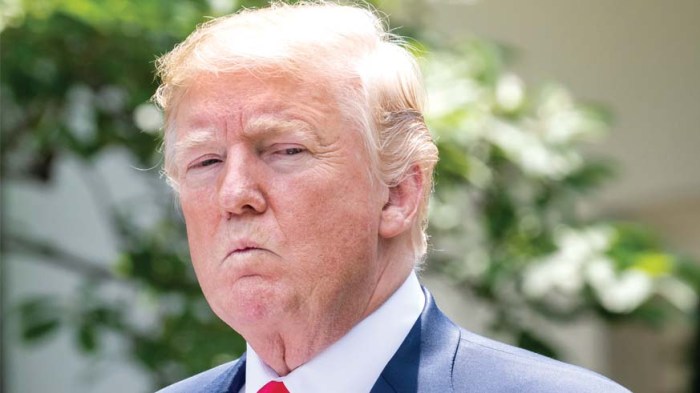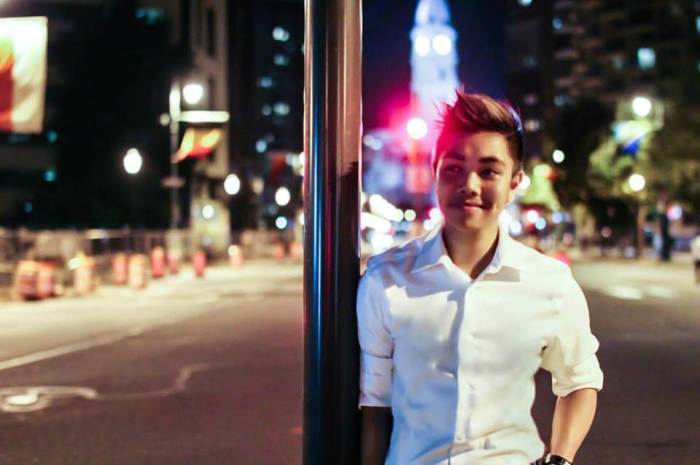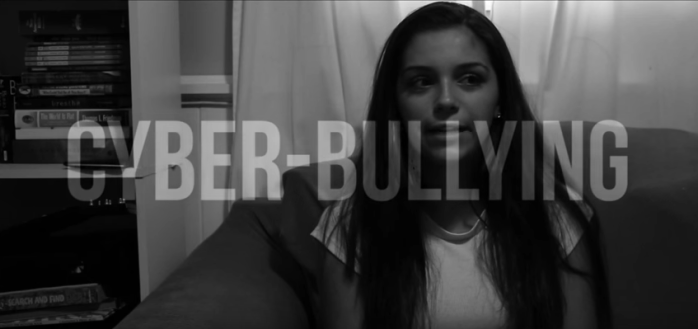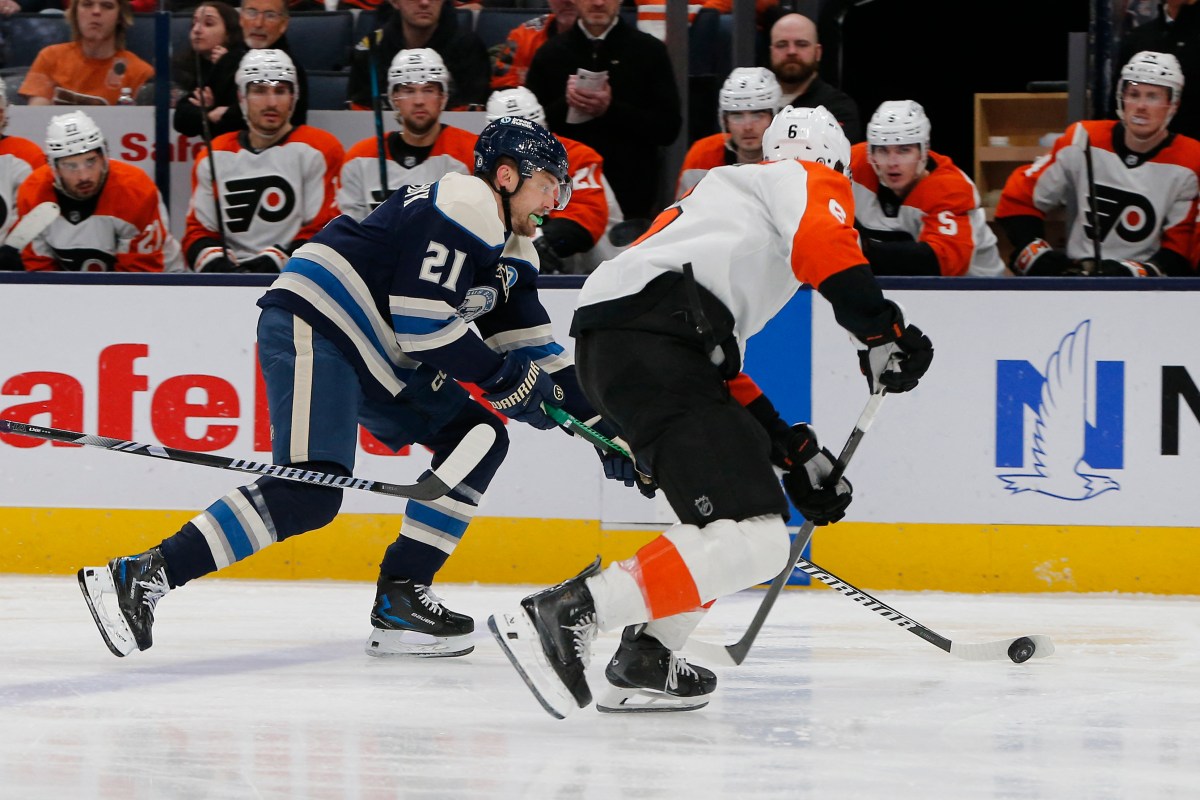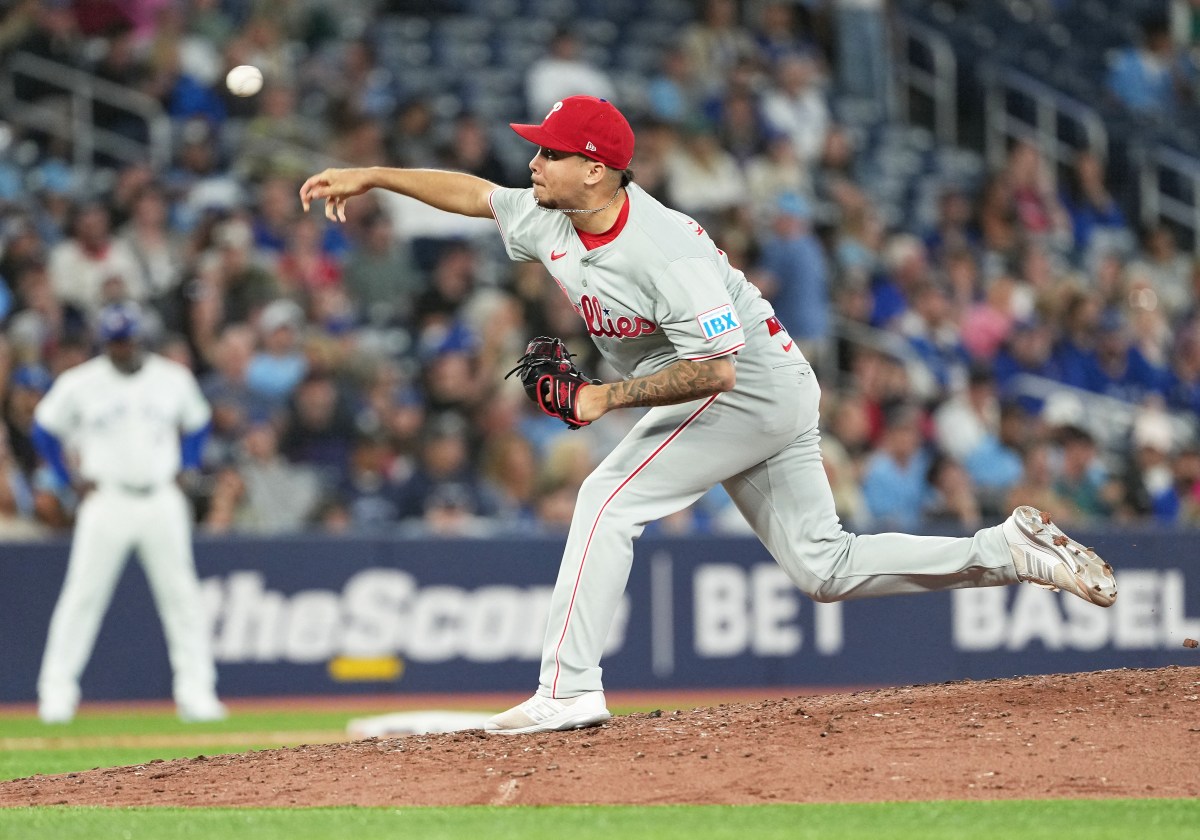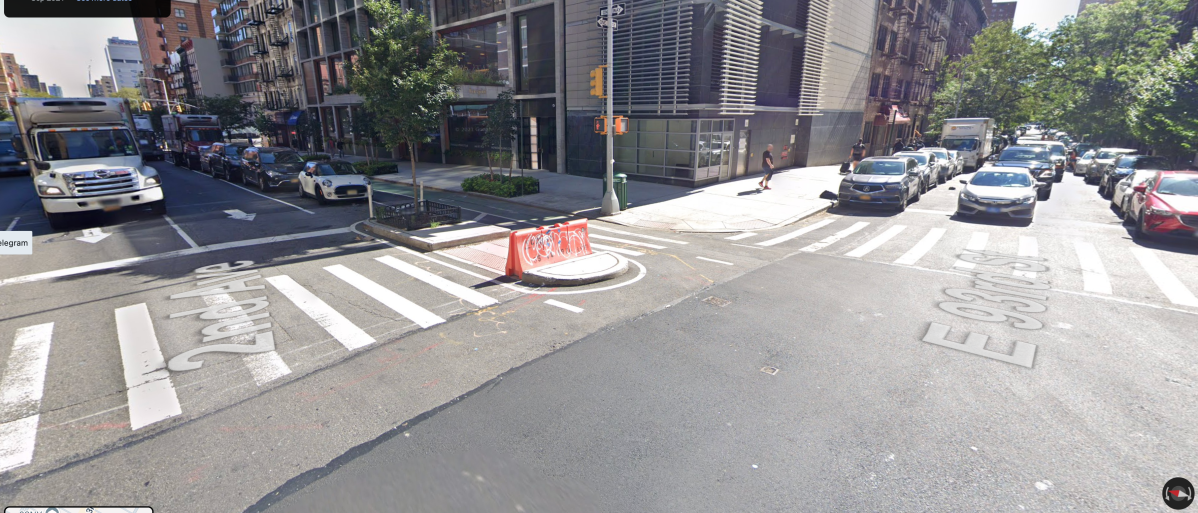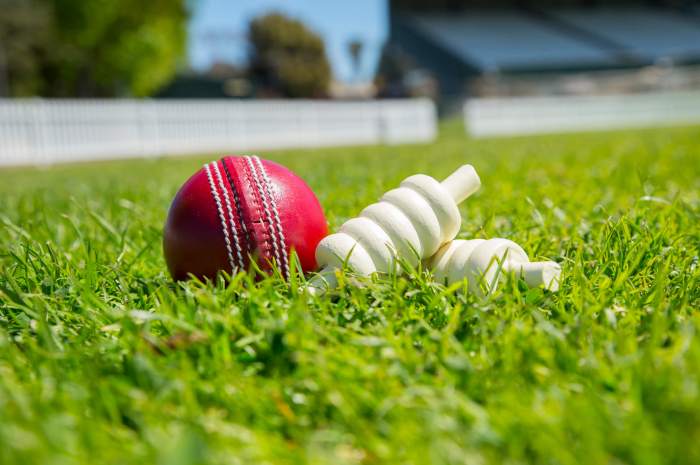Originally published on March 8
Gay veterans who have marched in the South Boston St. Patrick’s Day parade for the last two yearshave been rebuffed this year by the organizers, the South Boston Allied War Veterans.
OutVets, an LGBTQ veterans group, first marched in the 2015 parade after decades of getting turned down by parade organizers.
This year’s parade takes place on Sunday, March 19. St. Patrick’s Day is March 17.
In a statement on its Facebook page, OutVets said that the South Boston Allied War Veterans have barred the group entry despite OutVets’ previous participation, which they say had gone “without incident” “This is a sad day for the LGBTQ community but also a horrible day for veterans. We served our country with honor and distinction,” the post said.”But even after successfully participating in this parade and bringing honor to those who have served, we are still fighting for the respect that comes with serving our country.” OutVets said that the reason for theirdenial was unclearand “one can only assume it’s because we are LGBTQ.”
The parade is held annually in South Boston and organized by the Allied War Veterans Council. The parade is supported by donations and corporate sponsorships.
Ed Flynn, a member of the South Boston Allied War Veterans, said that he voted to allow OutVetsto participate; the final vote was 9 to 4 against. (An email to the council’s communications director has not yet been returned.) “I am saddened and outraged that the Allied War Veterans Council has voted to turn back the clock on equality. As a 25-year veteran of the United States Navy, I support the rights of LGBTQ groups to march in South Boston’s St. Patrick’s Day parade,” Flynn said in a statement “I will be calling on the council to take a vote of reconsideration and I will stand with the LGBT community in this fight to correct this shameful injustice.” The council has a history of denying OutVets participation in the march. But despite the objections of many about their exclusion, it is not illegal. Sarah Wunsch, deputy legal director of the ACLU of Massachusetts, previously acknowledged that “the Supreme Court has held that the Allied War Veterans Council of South Boston has its own First Amendment right to exclude groups from its privately run parade,” according to the ACLU. Boston Mayor Marty Walsh also expressed his disappointment about this year’s decision, and said that he will not attend the parade because of it.
“I will not tolerate discrimination in our city of any form,” the mayor said in a statement. “We are one Boston, which means we are a fully inclusive city. I will not be marching in the parade unless this is resolved. Anyone who values what our city stands for should do the same.” Gov. Charlie Baker also said he would “probably do something else” on the day of the parade if that group or any other representing veterans is denied.
Last year, organizers of the St. Patrick’s Day Parade inNew Yorkallowed openly gay and lesbian groups to march, ending a 25-year ban. New York Mayor Bill de Blasio, who had previously refused to march in the parade because of their exclusion, took part in the 2016 festivities.
LGBT veterans denied spot in Boston St. Patrick’s Day parade
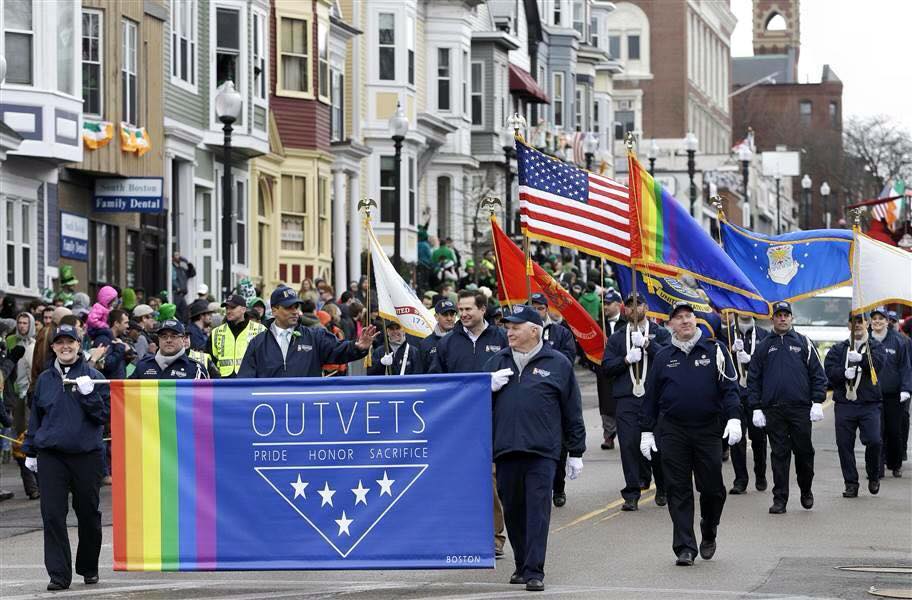
OutVets Facebook
“The word veteran, to me, it approaches holy,” Baker said, according to State House News Service. “And the idea that we would restrict the opportunity for men and women who put on that uniform knowing full well they could put themselves in harm’s way and deny them an opportunity to march in a parade that’s about celebrating veterans doesn’t make any sense to me.”

